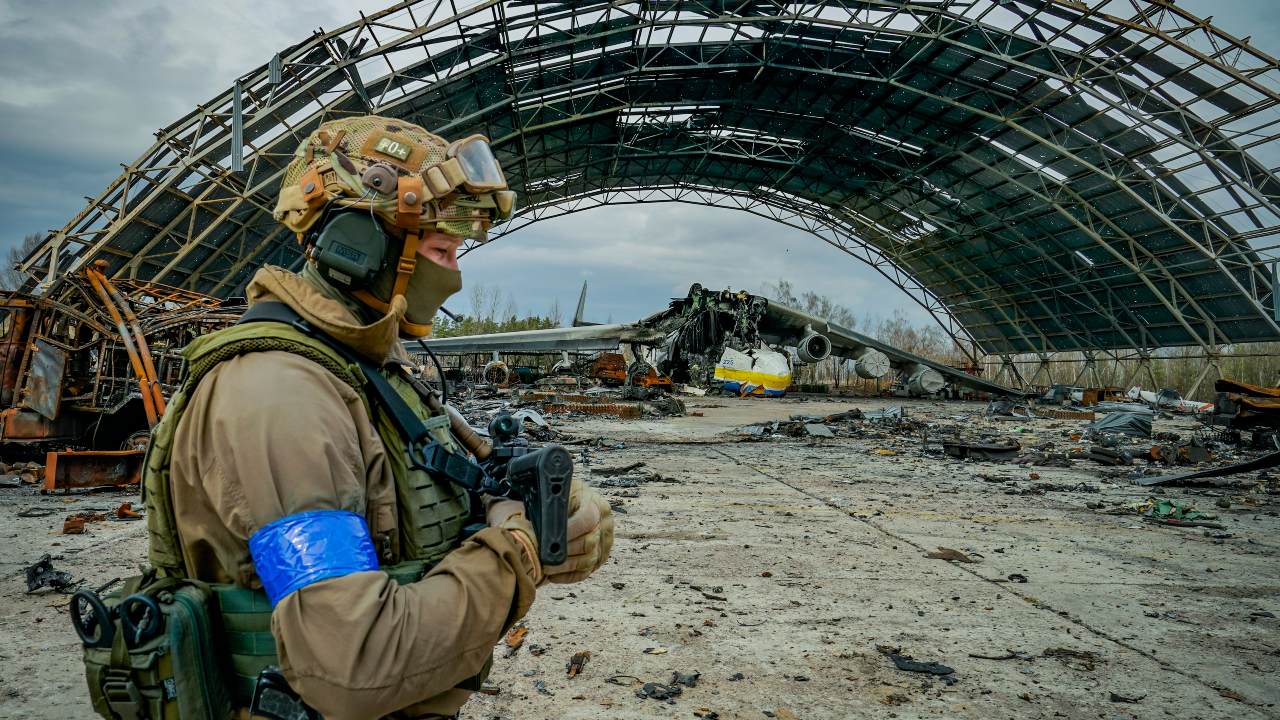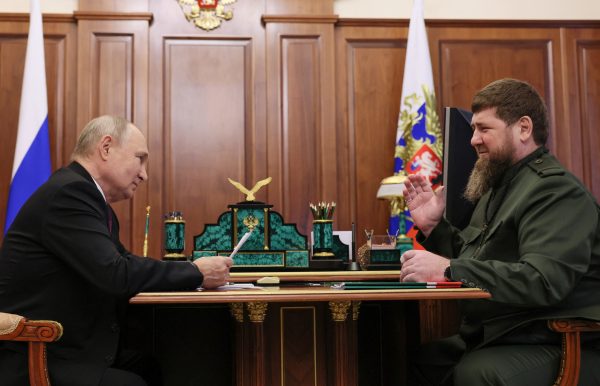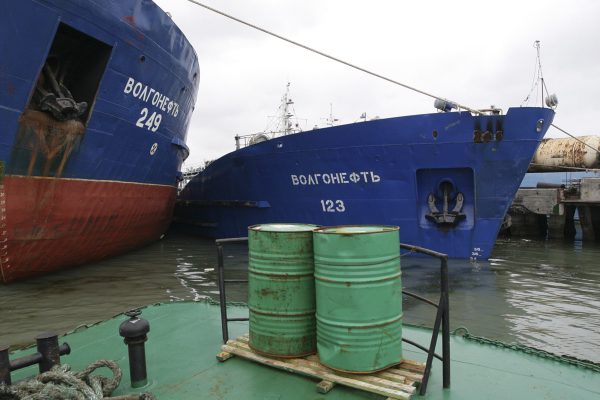When Russia invades other nations, it first sends in paratroopers and commandos to seize a major airport in the target nation, researchers Kevin Stringer and Heather Gregg pointed out in an essay last year for West Point’s Modern War Institute.
Much as thieves tend to stick to a modus operandi, so too does Moscow follow a playbook when it wants to occupy another country. The authors explained: “Positioning conventional forces on the borders of the targeted country to amplify political pressure and organize for invasion,” they wrote. “Infiltrating special operations (Spetsnaz) units to prepare and spearhead the incursion; seizing a strategic airport through airborne units; and airlanding additional assault troops to secure the battlespace and decapitate the national government in conjunction with the already inserted special operations units.”
It’s a tactic that usually works – but not always. The most successful of these operations was the seizure of Prague’s Ruzyně (now Václav Havel) Airport in August 1968, when 250,000 Warsaw Pact troops crushed the Prague Spring.
Operation Danube began with a Soviet civilian transport plane quietly landing at Ruzyne. It disgorged 100 paratroopers who seized the airport, enabling waves of cargo planes to bring in more troops and vehicles. The paratroopers raced into Prague, seizing government, military, and media buildings while awaiting relief by armored columns crossing the border. The result was the occupation of Czechoslovakia with remarkably few military and civilian casualties for such a massive operation.
The December 1979 landing at Kabul Airport was successful though far bloodier: it ultimately succeeded in its mission of assassinating Afghan president Hafizullah Amin, though costing the lives of hundreds of Afghan troops and Soviet commandos. In February 2014, Spetznaz commandos — operating as “little green men” in unmarked uniforms — also successfully seized two airfields in Crimea in Moscow’s mostly bloodless annexation of the peninsula.
On the other end of the scale, Russia’s 2022 landing on Hostemel Airport was a textbook example of how not to conduct an air assault. Intelligence was poor. Suppression of Ukrainian air defenses, and close air support for outgunned paratroopers, was lacking. Numerous Russian helicopters were shot down, reinforcements could not be airlifted in, and armored columns failed to relieve the 300 paratroopers in time.
With the airport lightly defended, the operation should have been an easy coup de main to gain an airhead near Kyiv from which troops could quickly seize Ukraine’s capital. Instead, the attackers were soon besieged by Ukrainian reinforcements, with many killed and the survivors retreating.
In strategic terms, these airport assaults were not vital. In all four operations, Russia enjoyed such overwhelming ground and air power that it could have occupied the target nation regardless. For the most part, the enemy couldn’t or wouldn’t offer meaningful resistance.
What’s interesting is what happens when the enemy fights back, as during the battle over Hostomel Airport. The Russians in 2022 were reminded of the lesson German paratroopers learned in 1941 when they dropped on Crete: air assaults against defended targets are usually bloody and perilous.
What’s even more notable is that the airport was only guarded by about 200 Ukrainian conscripts and rear-area troops who nonetheless managed to hang on until reinforcements arrived. Even if the Russian paratroopers didn’t have a big numerical advantage, they were better trained and could — in theory — have enjoyed plentiful air support that probably would have won them the battle. Simply offering some level of organized resistance was enough to expose the flaws in Russian planning, tactics and command and control.
The lesson here isn’t that Russia’s neighbors — such as the Baltic States and Georgia — can defeat a Russian invasion. The lesson is that they can derail the opening stage of a Russian invasion by defending their airports, especially those near their capitals.
Nor would this require a huge effort. In 1984, Switzerland created a special airport defense regiment to guard Zurich Airport, comprising 3,400 reserve soldiers able to deploy in two hours. Even small armies should be capable of stationing a company or two at a major airport, with light anti-aircraft weapons as well as vehicles and obstacles to block runways.
This won’t stave off a Russian attack if Moscow determined to invade. But it does complicate the Kremlin’s plans, perhaps enough for a bit of deterrence. As the police would say, the best way to prevent a burglary is by not making it easy for the burglar. To keep Russia off your property, guard your airport.
Michael Peck is a defense commentator. He can be found on Twitter and LinkedIn.
Europe’s Edge is CEPA’s online journal covering critical topics on the foreign policy docket across Europe and North America. All opinions are those of the author and do not necessarily represent the position or views of the institutions they represent or the Center for European Policy Analysis.





